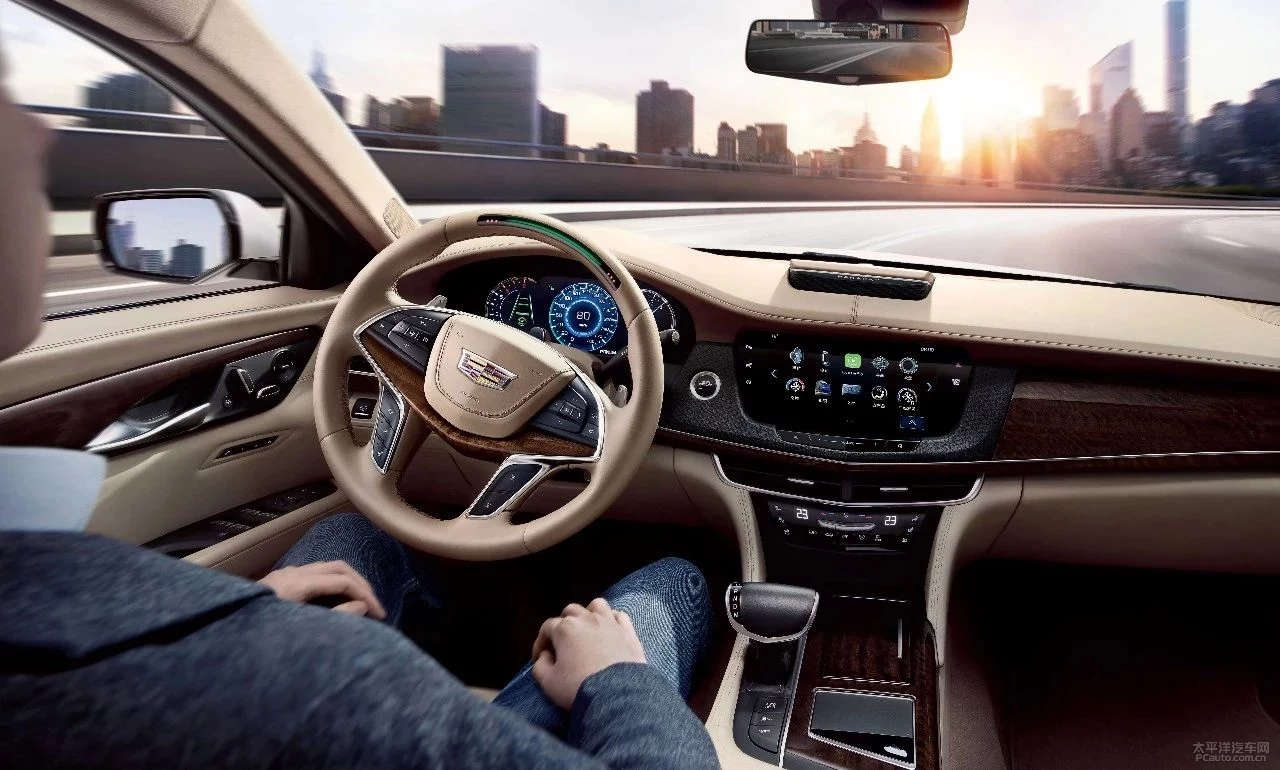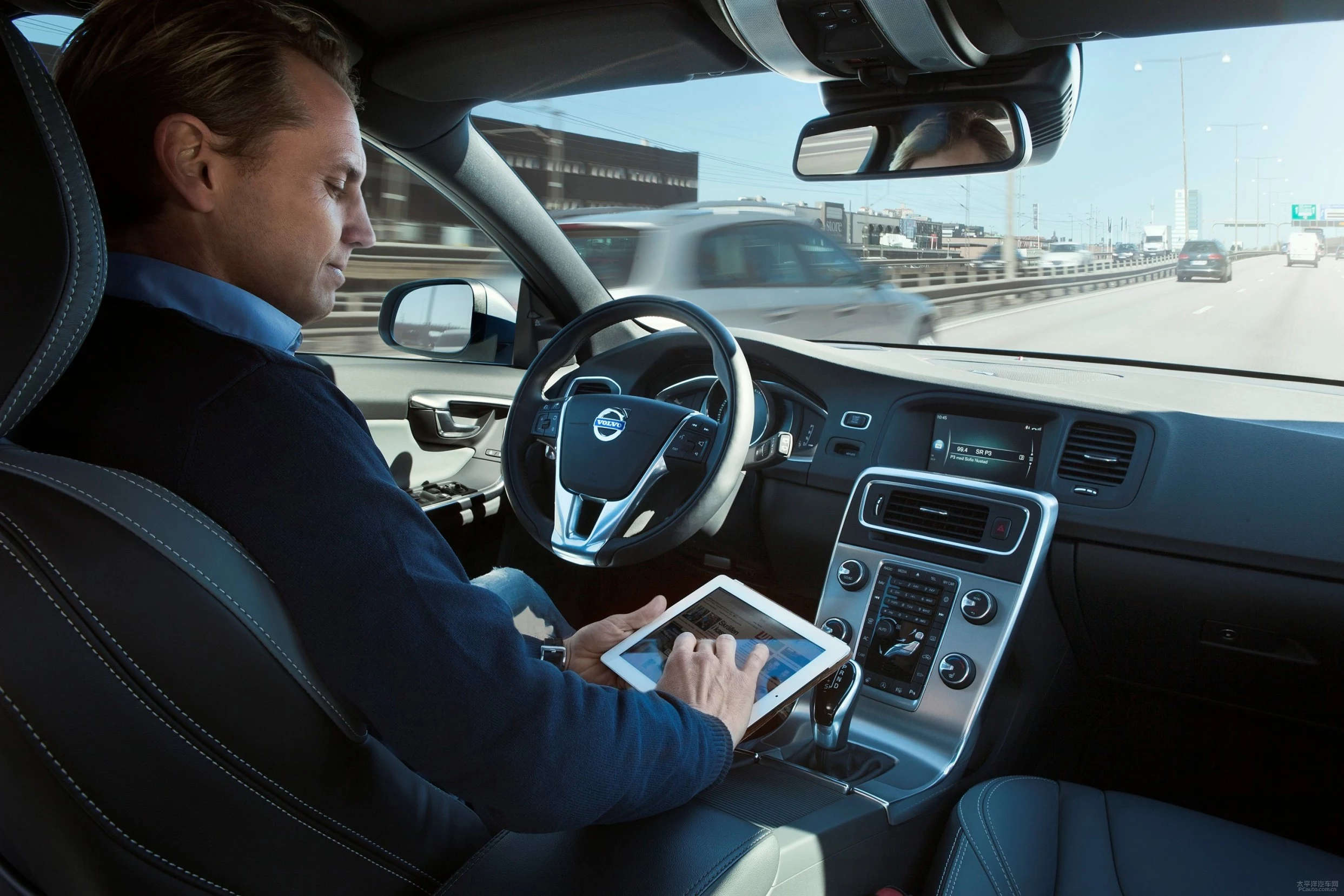Recently, the Hangzhou Economic and Credit Commission, the Public Security Bureau and the Transportation Bureau jointly formulated the “Hangzhou Intelligent Network Road Test and Management Rules (Trial Implementation)” program, which is scheduled to be implemented on August 20, and decided which section to open in the near future. Hangzhou will also set up a municipal self-driving test expert committee to introduce third-party organizations to supervise and manage test vehicles and prescient topics.

The scheme stipulates that the testing subject must be an independent legislator registered in the territory of the People’s Republic of China. Testing subjects include vehicle enterprises with automobile technology and product development, production capacity or operation capacity, refitted vehicle production enterprises, Internet enterprises, research institutes, universities, transportation enterprises and other science and technology enterprises. For drivers who are responsible for testing and taking charge at any time, there is no record of deduction in 3 scorecards, no driving after drinking, record of drunk driving and more than 50 hours of autopilot system operation experience.

For testing vehicles, it is not only necessary to have two modes of manual operation and automatic driving, but also requires that the test driver should always be in the driving position of the test vehicle, always monitor the running state of the vehicle and the surrounding environment, and be ready to take over the vehicle at any time. But really “bad luck” words: for example, traffic violations occurred during the test vehicle, which clearly defined the driver’s responsibility. That is to say, the subject of traffic violation and accident liability determination is still “human”, not “vehicle”.